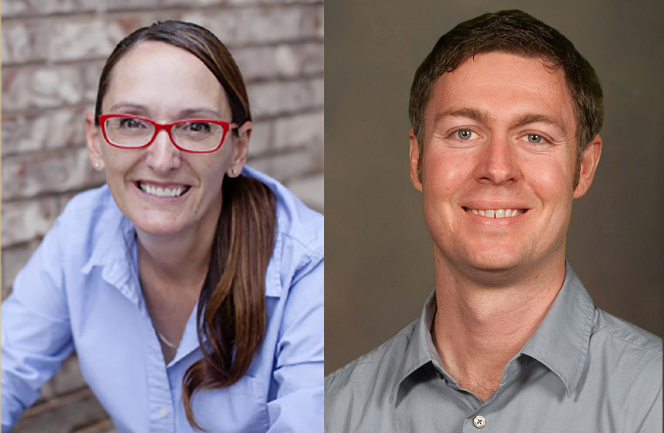
Jessi Smith University of Colorado Colorado Springs & Dustin Tomin San Diego State University
TALK CANCELED DUE TO CORONAVIRUS PRECAUTIONS
Talk Title: TBD
Jessi Smith
Professor
Bio: Dr. Smith is a Professor of Psychology and Associate Vice Chancellor for Research at the University of Colorado Colorado Springs. She received her Ph.D. from the University of Utah and spent much of her academic career at Montana State University where she served as the primary investigator of the NSF funded ADVANCE Project TRACS, which aimed to broaden the participation of women faculty in STEM and behavioral science fields in ways that foster excellence for the entire campus community. Dr. Smith’s primary research interest is on how societal norms and stereotypes undermine or support an individual’s motivational experience; Her research specializes in social psychological aspects of gender and culture that advance the success of people at risk in education, business, and health.
Dustin Thoman
Associate Professor
Bio: Dr. Thoman is a faculty member in the Department of Psychology at San Diego State University. His training is in social psychology, with expertise in quantitative analysis. Dr. Thoman’s research is both theoretical and applied, focusing on the development of student interest and the influence of stereotypes and social identities in shaping the development of students’ educational and career interests. Through consulting and program development, he also works to improve educational programs, particularly those designed to broaden participation and promote diversity in science and math education, through theoretically and empirically-grounded approaches.









